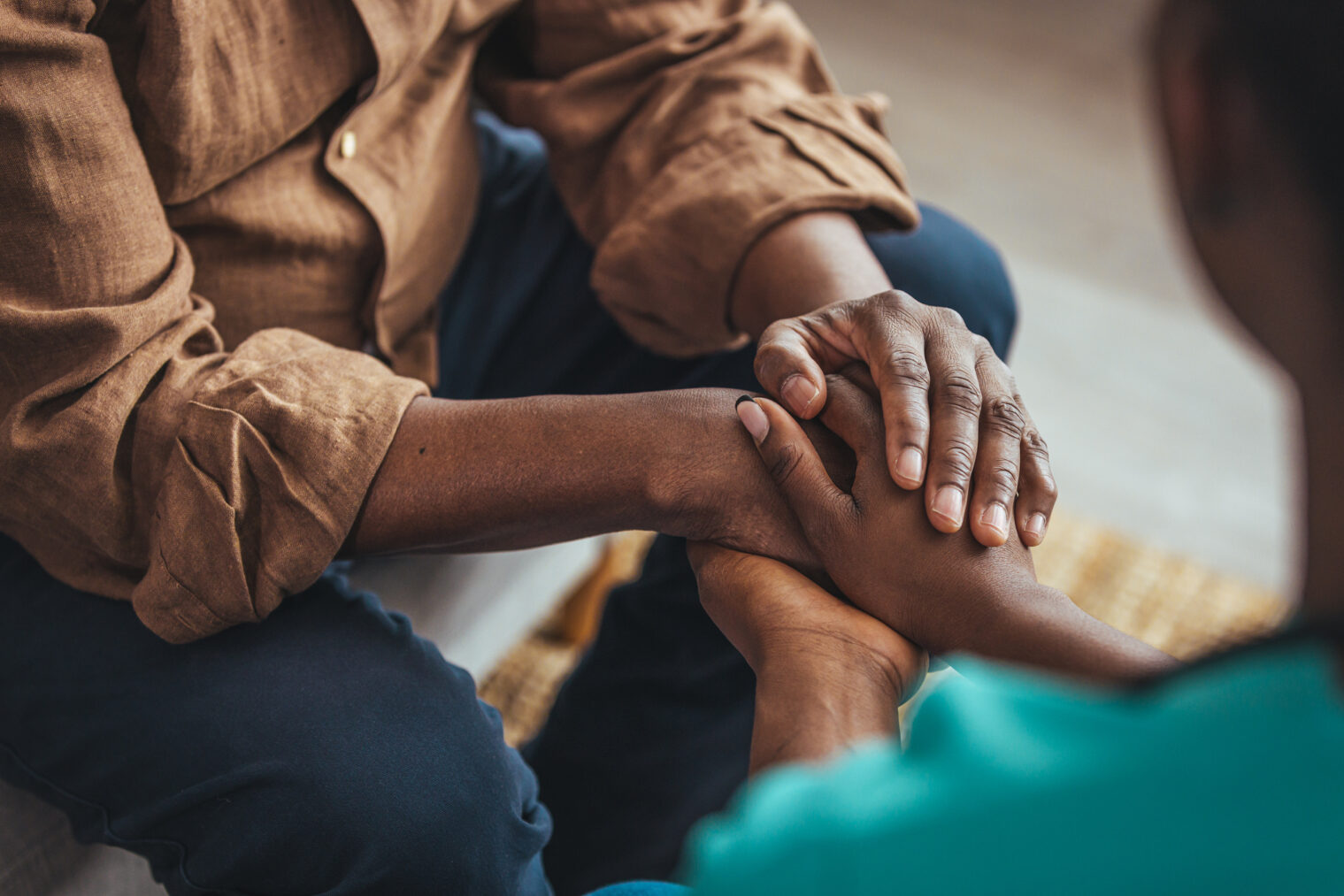To celebrate Black History Month and National Caregivers Day, Donna Benton joined legal advocacy group, Justice in Aging to discuss her work supporting Black caregivers, the importance of caregiving in the Black community, and strategies for advocates who wish to better support their Black older adult clients. She also spoke about the need in Black communities for more legal assistance in advance planning and in protecting homeowners and caregivers from predatory practices.
Dr. Donna Benton is the assistant dean of diversity and inclusion and a research associate professor at the USC Leonard Davis School. She is also the director of the USC Family Caregiver Support Center. She was interviewed by attorney Vivian Mbaku, director of equity in elder justice at Justice in Aging.
Watch the video:
Selected quotes (edited for clarity and conciseness):
On challenges facing Black caregivers:
“The Black community, we’ve been caregivers on a dual end. We care for our family and we care for other people’s families. It’s been in our history forever.
For Black caregivers, our relatives tend to be sicker, have more health conditions, more complex health conditions… We may not have extended family and so we might be caring for one parent here, another parent over there, or some siblings and grandchildren that we’re caring for.
We don’t ask for help easily because we’re used to having to be that strength in our families. So we may not look to outside resources. We don’t want to be seen as using so many resources. That’s why I think that for Back caregivers being able to say, ‘yes, we’re strong, but sometimes we could use a helping hand’.”
On steps that aging services and legal assistance providers can take to engage in this work and to reach Black caregivers and older Black adults:
“Particularly for legal services, the more we can look at policies that force us to keep spending down so that we can only use programs that are for low-income [people]. I think we should find ways where we don’t have to do that because that does not help our community at all.
I think that particularly for our older adults, we have to look at those health policies that are causing some of these health disparities and what can we do, and look at reimbursements and where things are placed in our communities and resources that have come into our communities, or lack thereof.
From a standpoint of legal services, we don’t have enough legal services in our community.
What would also help us are long-term care support and workplace policies that support us and don’t force us out of the job market too early.
And keeping predatory practices out of our communities…we have a house and maybe as a caregiver, they may be targeting us and our family members around reverse mortgages or taking out too much in loans and that might be our only asset and people don’t always have our best interest at heart.”





